
| December 2020
Secondary Snapshot
Taking Care in Difficult Times: Managing Stress During the Pandemic

|
|
|
|
|
Many find the holiday season to be a stressful time of year. December 2020 has the added stressors from COVID: changes to traditional gatherings, limited opportunities for social connections, safety measures affecting shopping, physical and mental health considerations, and the economic impact of a worldwide pandemic.
This snapshot focuses on identifying stressors in families and offers strategies for coping. We hope that some of these resources can lower stress and allow for a holiday that includes moments of calm, connection and caring.
|
|
|
Stress is the body’s way of communicating that we’re struggling to cope with demands or that we have to deal with a problem. Some stress isn’t a bad thing. For example, it might give youth the energy to finish a work project. But too much stress is hard on the body. It can cause physical problems like headaches and sleep problems, and it affects the way the body fights infections so we’re more likely to get sick when we’re stressed.
|
|
|
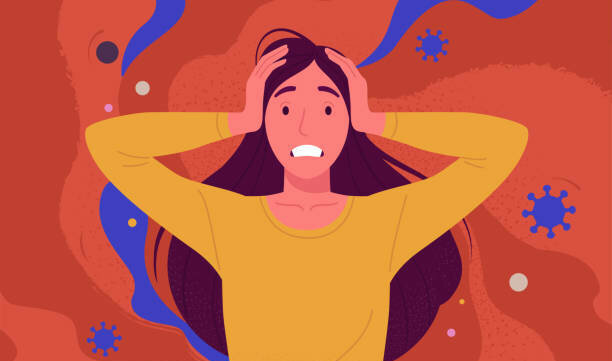
|
Too much stress is also bad for mental health. It can leave people feeling tired, irritable, or depressed. It affects our ability to think, concentrate and react; too much stress may even be a factor in the risk of developing a mental illness or having a relapse.
|
|
|
|
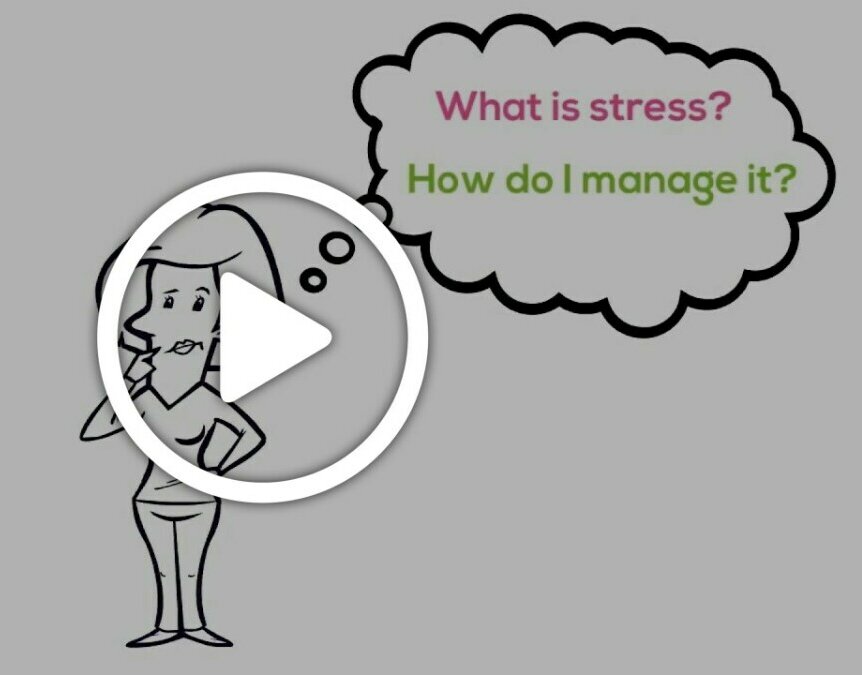 | Youth may have different ways of showing and dealing with stressors in their lives. For instance, they may complain of stomach aches, have difficulty sleeping, act out, be irritable or angry, or withdraw from others when stressed. Some youth may self- medicate (drugs, alcohol, food) to numb or avoid stress, and others may self-harm as a coping strategy.
|
| |
|
|
|
Cultures play a role in influencing how people react to stress. This can include how stressful stimuli is perceived and understood; cultural beliefs that influence the meaning one associates with stress and how stress is managed and discussed.
Adults may have expectations that their children will understand and cope with stress in the same way that they have; however, there may be other factors that influence how teens cope and view their world.
It is important that we think of teens’ stress within the setting of family culture, youth culture and the overlap of cultures in our community.
|

|
|
|
|
|
|
|
|
|
Reconciliation Canada presents a video series on staying resilient during the troubling times of the COVID-19 pandemic. This is Episode 1 - Reconciling our mind, body, soul and spirit. Through traditional teachings, Chief Robert Joseph explores how to respond to challenges, recover from difficulties and setbacks, and build emotional and spiritual resilience.
|
|
|
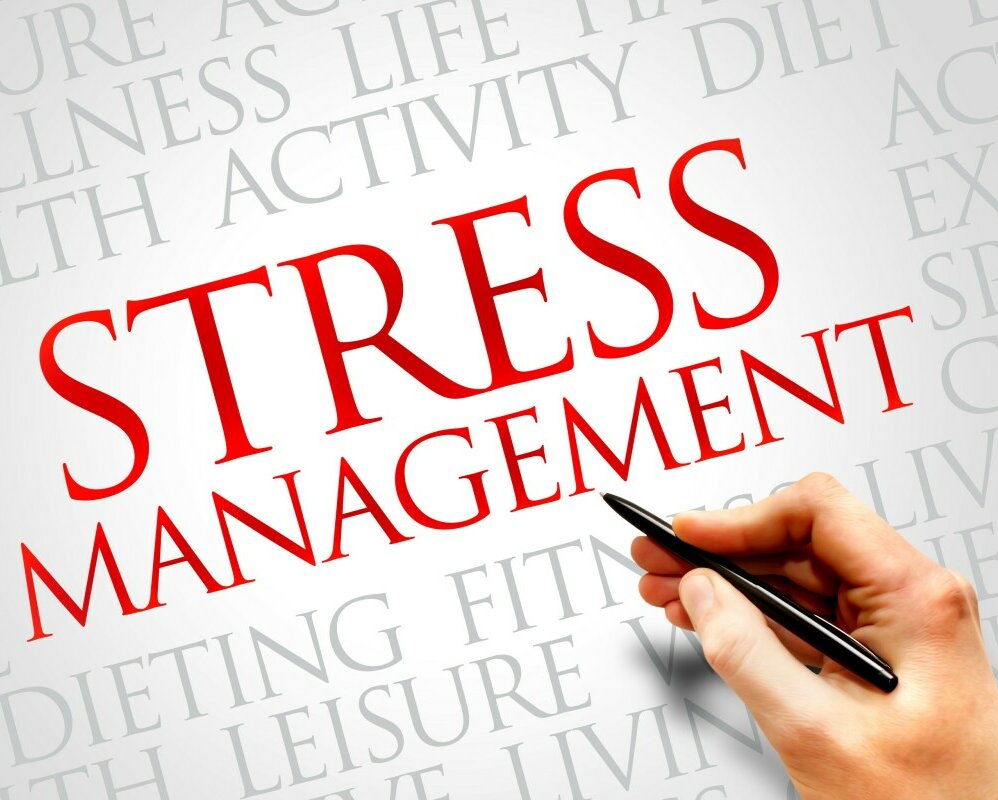
|
Everyone feels stress from time to time. We can‘t always control the things that cause stress, but we can control how we cope with it. One of the most important things parents can do is model stress management skills and support their teen to practice these skills.
Different people find different stress management skills helpful. Some tactics families might find helpful include:
|
|
|
A healthy lifestyle includes healthy eating, physical activity, and good sleep habits. Research has found that healthy lifestyle habits can be as effective as some medications. A healthy lifestyle in conjunction with counselling, may be more effective for mild to moderate anxiety and depression than just medication interventions alone. Additional information can be found in the
Kelty Mental Health Toolkits
|
Healthy thinking means thinking in a balanced way. When youth feel stressed, helping them to think about the stressful situation in a balanced way can give them the confidence to manage their fears and worries.
Families can use the following green/ red thought resource to start looking at helpful thinking strategies:
|
|
|
|
|
Healthy peer connections are always important, but are particularly important if your child is experiencing a lot of stress. Encourage your teen to participate in fun activities safely, and spend time with friends (even if it is just virtual) or try relaxation exercises like mindfulness, visualization, or deep breathing.
|
|
|
 |
Also be aware of the stress connected to being overscheduled. Help your teen prioritize and be aware of the impact their commitments may be having on their stress levels. It can also be stressful to have activities limited or changed due to COVID, yet it remains crucial for youth to have some outlet that includes social connections.
|
|
|
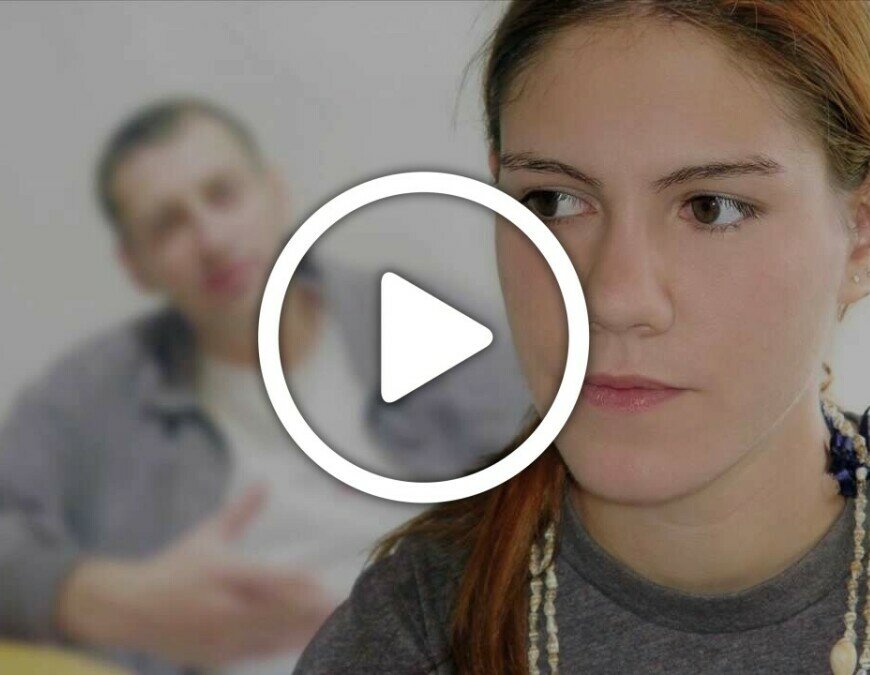
|
Working through problems is a healthy way to manage stress. Try to support youth to work through problems without solving it for them.
This video demonstrates how parents can model good problem solving skills to their teen.
|
|
|
Mindfulness and meditation practice literally changes the structure of the human brain for the better, and it‘s during teen years that the brain is at one of its most pivotal developmental points.
Studies show that meditation can help reduce school-related stress and improve personal relationships as it helps foster a deeper sense of calm, compassion, and forgiveness. Adolescence is a time of great opportunity, because if they learn healthy coping strategies as teens, they can use them for the rest of their lives. Mindfulness is emerging as one of the most powerful coping skills that teens can use.
|
|
|
This video features youth and young adults discussing their experiences practicing mindfulness, and how mindfulness has benefited different aspects of their lives.
|
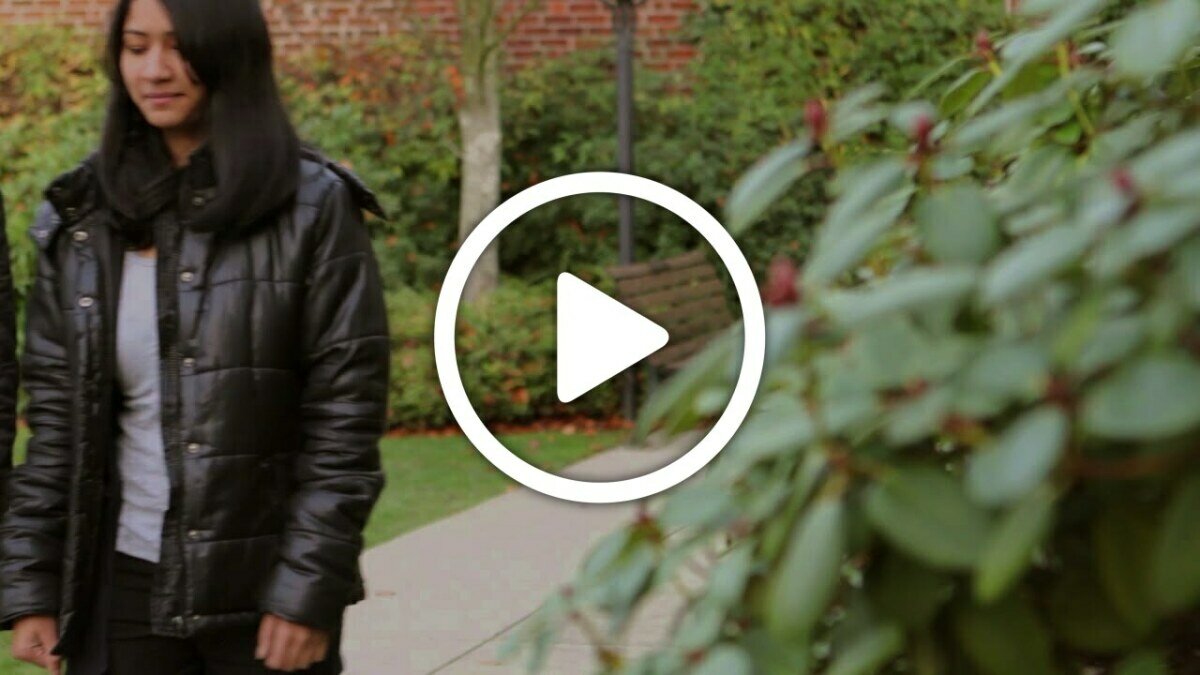
|
|
|
|
|
|
|
December has arrived, and with it comes an myriad of cultural celebrations! Whatever holiday your family may celebrate it is likely you are struggling to make plans appropriate for the pandemic. How do we celebrate when we can‘t be together as usual? How do we resolve differences of opinion about what is safe? How do we deal with more disappointment and frustration — and help our kids do the same?
|
|
|
Don‘t wait to make plans
Discussions about this year‘s holidays can be painful, but making plans ahead of time will make the days themselves much less stressful. If you wait until the last minute to figure out plans, kids won‘t have time to deal with any confusion or disappointment, which will make the holidays that much more stressful for the whole family.
|
|
|
 Discuss rules in advance
Differences of opinion about how to gather safely may be a huge source of stress this holiday season. Where do we stand on hugging? What are our rules about masks? Avoid conflict by making clear agreements ahead of time with everyone who‘s going to be present.
| 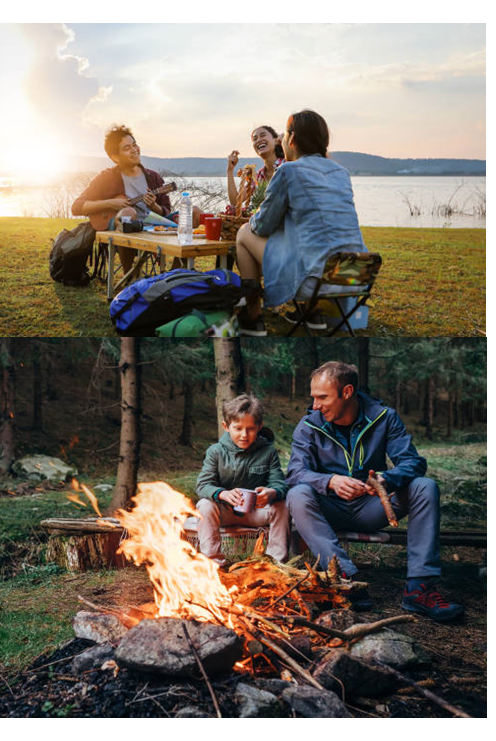 Start new traditions
If you‘re not going to be able to celebrate in the way your family is accustomed to, be proactive and find new activities to make the pandemic holidays special. Give the whole family a voice in planning some of the activities.
|  It's okay to express disappointment
If traditions are looking different it is helpful to acknowledge feelings and validate disappointment. Keep your teens involved in the conversation as you model disappointment as well as hopeful optimism for the future.
|
|
|
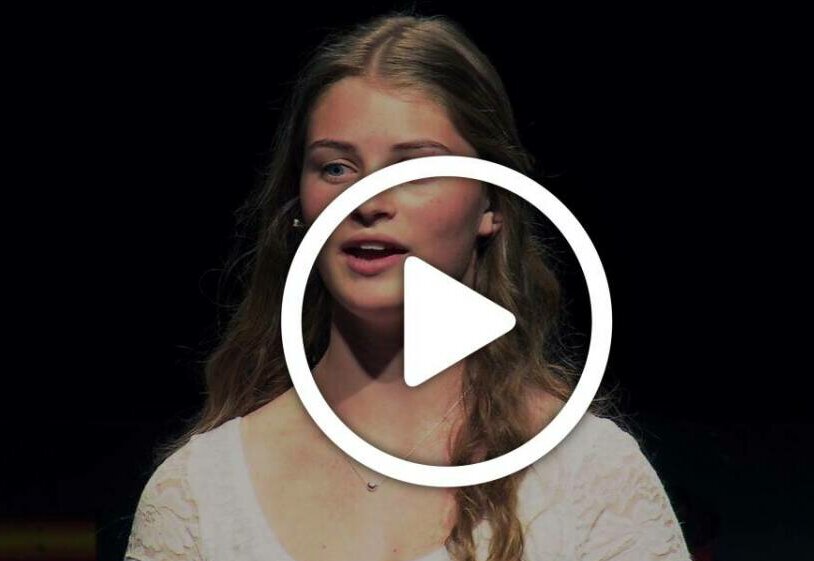
An eighth grade student feels stress over performing well in school, and in this talk, looks at it from the perspective of someone who would give anything to be in her place. She encourages us to find the positives.
|

Family really getting to you? You‘re not alone. Even as stay-at-home orders have loosened you‘re probably spending way more time at home than you‘d like to be. This can lead to some family tension—especially between teens and parents. In this video experts talk about how to keep the peace with your family.
|
|
|
|
|
Insight Timer
Insight Timer offers nearly 4,000 guided meditations from some of the most renowned teachers of our time, like Eckhart Tolle and Tara Brach.

|
|
|

Aura
Ideal for students struggling with schoolwork, are having trouble focusing, or can’t find an easy solution to escaping negative thoughts.
It’s easy to get overwhelmed with homework deadlines, tests, extracurricular activities, and friendships. The consistency of a 3-5 minute practice every day can clear your mind, create peace, free from stress, anxiety, and sadness.

| 
Calm
In our accelerated culture, we’ve forgotten how to just be calm, but it's a very valuable state of mind and we need to bring ourselves back to that.
Calm features special Sleep Stories, 7-Day programs and the Breathe Bubble
that guides your breath from inhale to exhale.

|
|
|
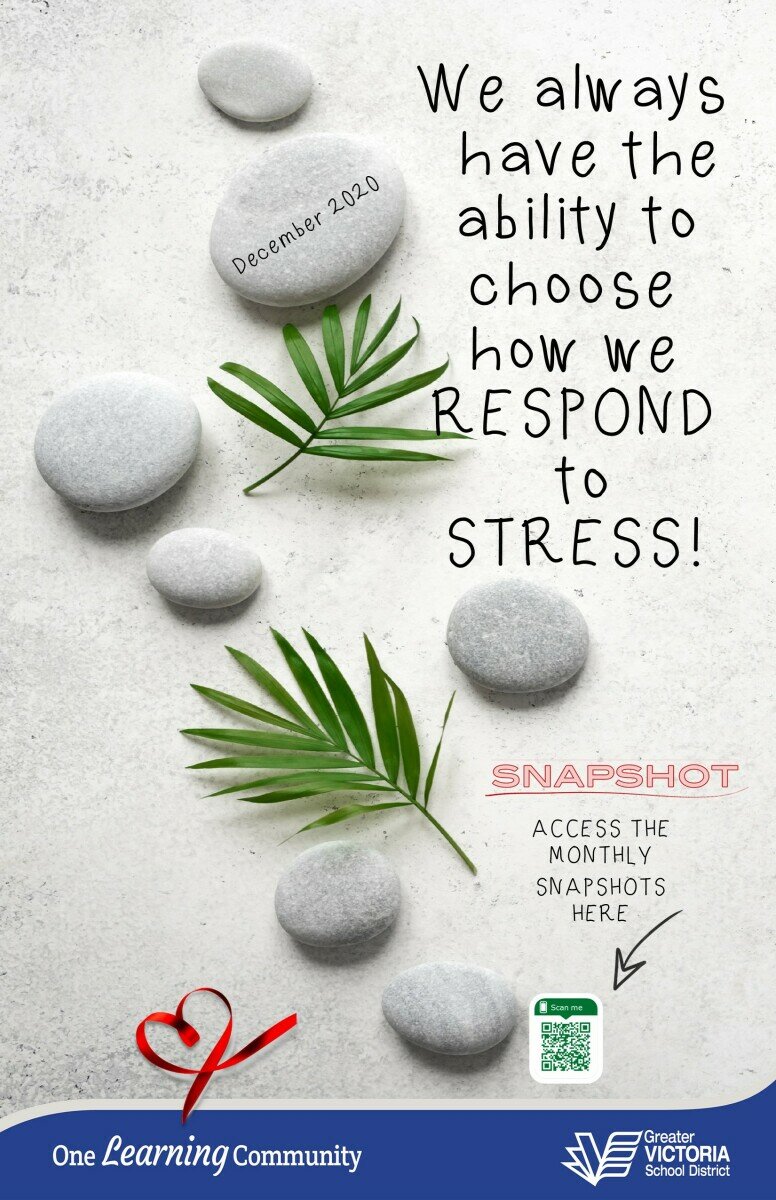
|
DECEMBER SECONDARY POSTER
Several copies of this poster have been delivered to all secondary schools to post for student learning.
It speaks to the fact that we cannot always control the stress that comes into our life but we can control how we respond to it. Our best defense against stress is our ability to choose one thought over another.
The video below shares new information about stress and how we can make stress our friend.
|
|
|
|
|
|
|
|
|
|
|
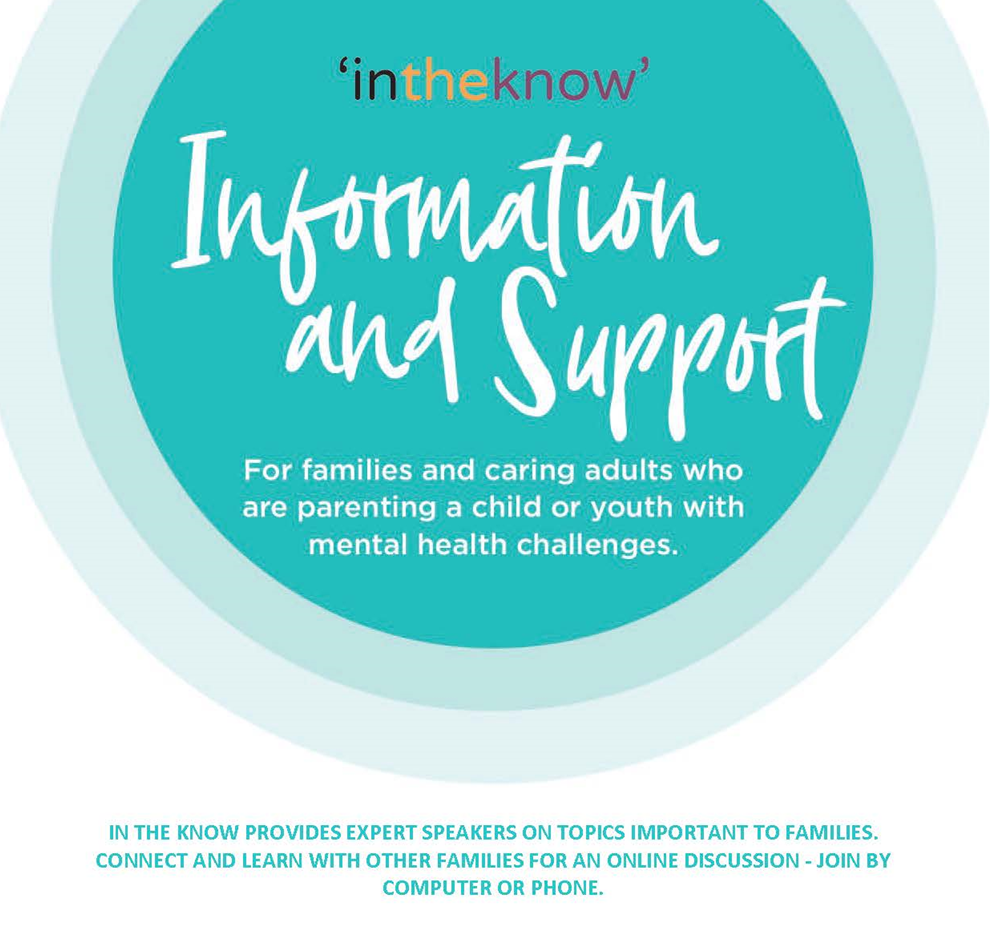
| FamilySmart DOING THE HOLIDAYS DIFFERENTLY. If you have a child or youth with mental health challenges, you may already adapt things around the holiday season. Many of us do. As the 2020 Holiday Season may be one for the record books, let’s get together and talk about what that might look like for families like ours. We’ve also gathered ideas from our team of PiRs, and can share great tips for how we can increase connections, reduce holiday stress and find a little more breathing space during this important time. Dec 2 @ 4:30pm

|
|
|
|
|